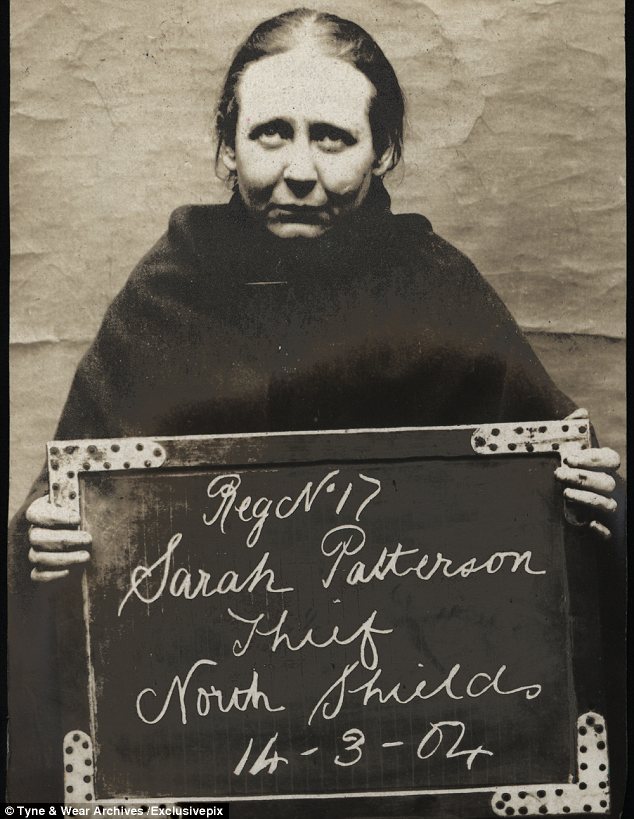In “Why Thieves Steal Soap,” Alex Mayyasi of Priceonomics explains the strategy of stores that keep cheaper items under lock and key while not protecting more expensive goods with the same ardor. An excerpt:
“Products like cigarettes and soap perform some of the major functions of money very well. Since there is a consistent demand and market for them, even when they’re not on store shelves, they retain their value. (Unlike an iPod, they never become obsolete.) Since they have standard sizes, they can also be used as a unit of account. You can pay for something with one, five, or ten packs of cigarettes depending on its value. In areas where fences or other buyers are always willing to purchase stolen products like soap, it’s just as good as money.
For thieves, the ubiquity of a product and the presence of a large illicit market for it is more important than its actual retail value. Small time burglars can’t keep stolen goods in warehouses, waiting for a buyer and marketing products to people willing to pay a premium for a unique item. It may seem surprising that Walgreen keeps some of its cheapest items locked up, until you realize that thieves care more about an item’s ubiquity in illicit markets more than its retail price.”
Tags: Alex Mayyasi

